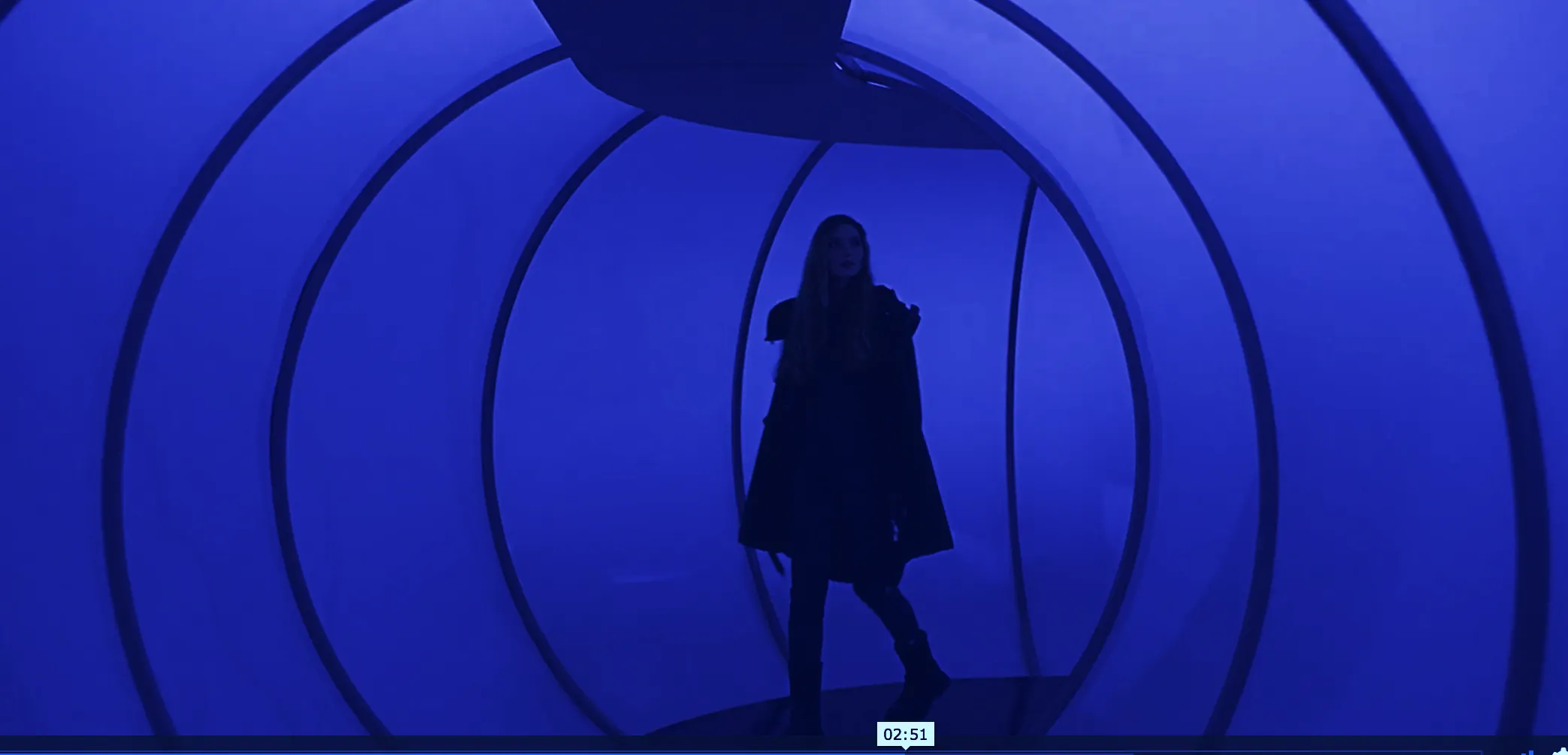Norway-based Opera, one of the earliest Internet browser companies, today released what it says is the first Web 3.0-ready desktop browser.
Its new browser, which is linked to the user’s crypto wallet, can verify one’s identity on web sites and enable the user to perform crypto-based transactions. Opera added a Crypto Wallet in December 2018, and, in its latest iteration, added a “Web 3.0- explorer,” as well as a free VPN, to enhance security.
The company, which claims 320 million users worldwide, is positioning itself to meet the needs of a growing group of people who value data privacy and security features.
“The more time we spend online, the more we need tools that help us control the security and privacy of our digital lives,” Krystian Kolondra, EVP at Opera, Head of Browsers, said in a press release. “With this major upgrade, we are taking the first step into Web 3.0, the new Web, where users are in control. We believe every browser in 2019 should be Web 3.0-ready.”
Opera believes that every browser should have its own wallet, and one of the more innovative features in its latest rev is the clever syncing of the crypto wallet in its desktop browser with the one in its mobile browser for Android, ensuring that wallet keys never leave users’ smartphones. Thus, whenever users need to identify themselves to a Web 3.0. website, or sign a transaction on the blockchain, they get a notification on their smartphone. Users can confirm their identity in the same way they unlock their system, including facial recognition or a fingerprint.
Opera is also banking on a growing desire for VPN services, which, in a third of cases, are used because users want to stay anonymous on the Web.
“There is a strong wish among people to gain better control of their security and privacy,” Jan Standal, VP of Marketing at Opera, told Decrypt. “People get access to both a browser and unique tools like VPN that improve this experience, and now also easy access to Web 3.0 services.”
Opera, he points out, has a tradition of being the first browser to introduce new features, such as tabs and speed dial, which are now on most browsers.
But the short sci-fi clip, which Opera released to accompany its launch, was perhaps an innovation too far. “Are we in control of our destiny,” asks our heroine plaintively, while dystopian-types walk around with computers for heads and big Brother watches from above. Four minutes later, she emerges from a tunnel, the music funks up, day breaks and, presumably, the decentralized web is born. We would have been happy with just the VPN, but whatever.

